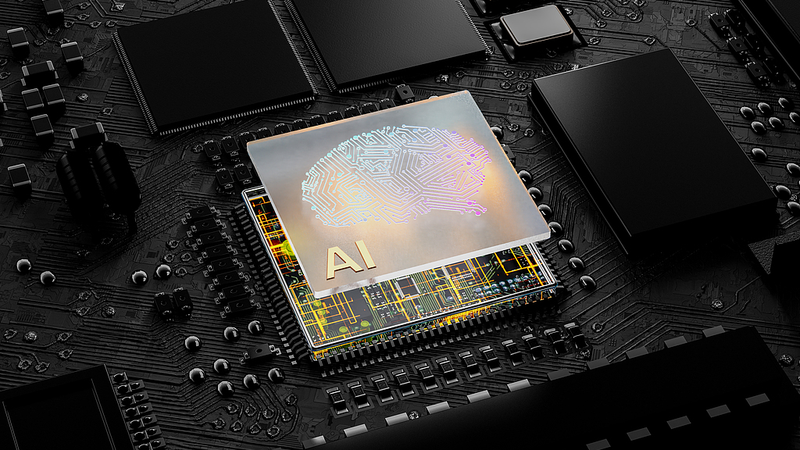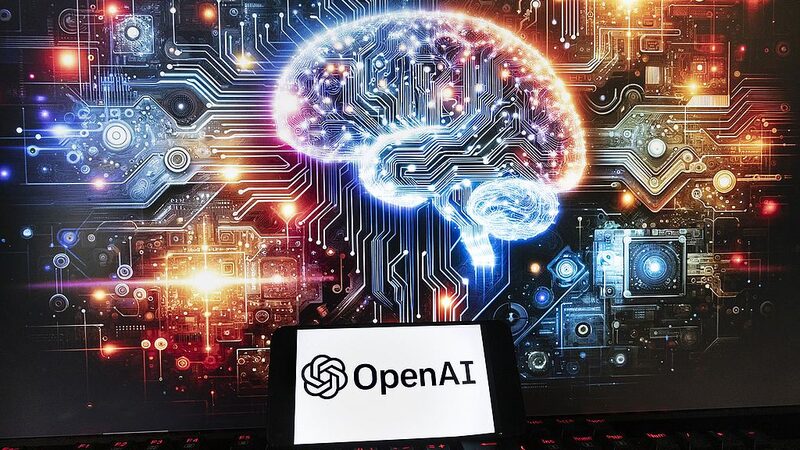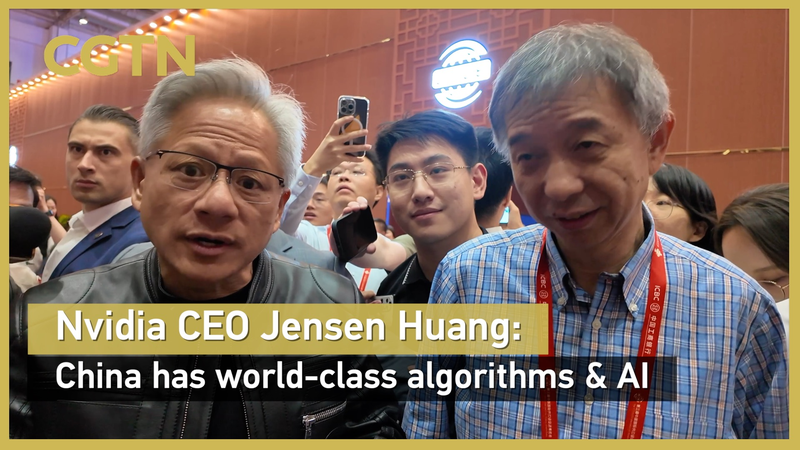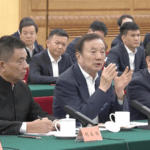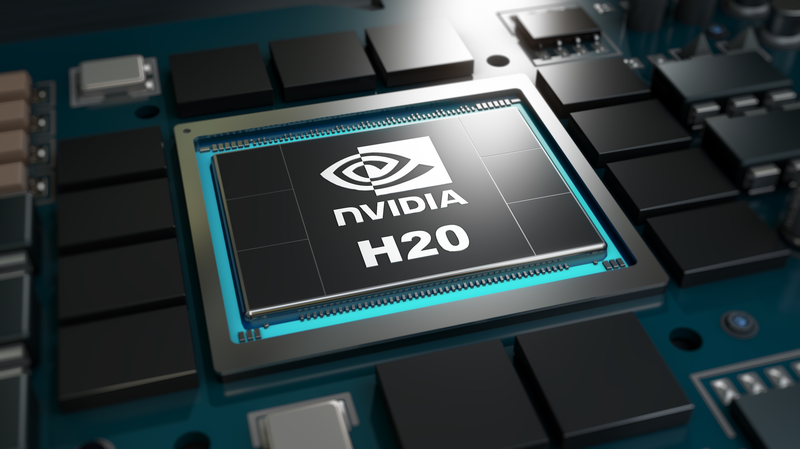The U.S. Department of Commerce sent shockwaves through global tech circles this week by declaring that Huawei's Ascend AI chips could violate American export controls ‘anywhere in the world.' The guidance, announced Tuesday, explicitly warns third parties against using U.S.-origin technologies in training Chinese AI models—a move analysts say reveals Washington's anxiety about maintaining its edge in artificial intelligence.
NVIDIA CEO Jensen Huang added fuel to the debate last month, stating at a D.C. conference that China is "not behind" the U.S. in AI development. His comments align with growing urgency in Congress, where tech leaders like OpenAI's Sam Altman have urged lawmakers to streamline AI policies to counter Chinese advancements.
The U.S. shift follows months of regulatory uncertainty after the Biden administration backtracked on an earlier "AI Diffusion Rule." However, experts question how effectively the U.S. can enforce such extraterritorial measures. Legal scholar Dr. Emily Tang notes: "Compelling sovereign nations to comply risks diplomatic friction, especially when it stifles their own tech growth."
China has vehemently opposed the measures. Foreign Ministry spokesperson Lin Jian criticized the U.S. for "politicizing trade and technology," warning that export controls would "backfire" and harm global semiconductor supply chains.
Meanwhile, Huawei continues to defy expectations. Since U.S. sanctions began in 2019, the company has accelerated AI chip development. Recent reports suggest its Ascend 910D processor could rival NVIDIA' flagship H100 chip—a testament to China's drive for self-sufficiency.
As the AI race evolves, analysts pose a pivotal question: Are U.S. restrictions containing China's rise or inadvertently accelerating its innovation?
Reference(s):
cgtn.com
